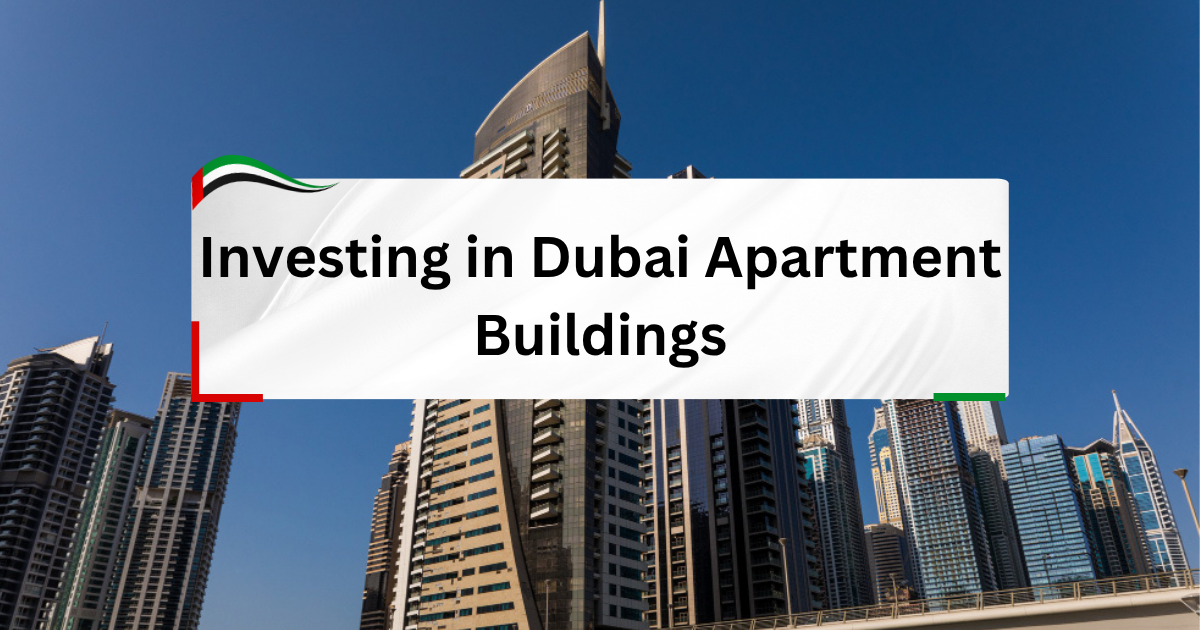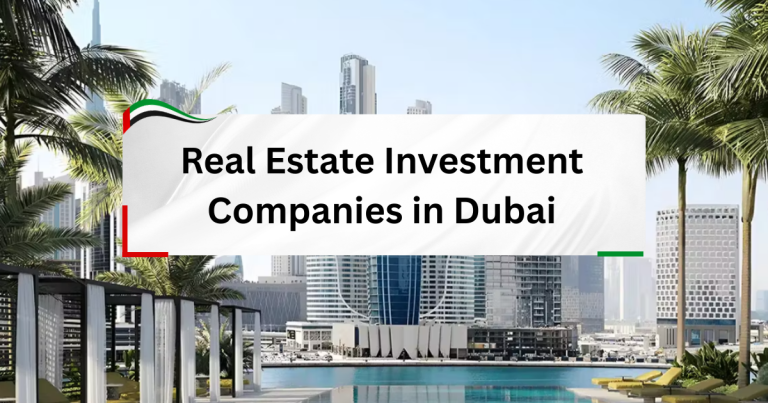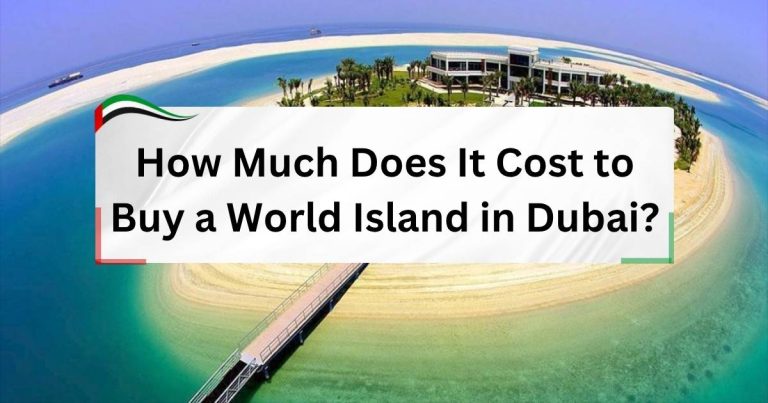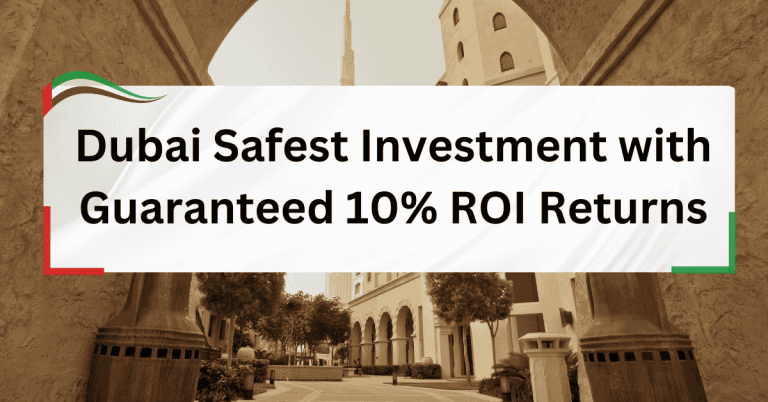Investing in Dubai Apartment Buildings – A Comprehensive Guide
Although investing in Dubai apartment buildings can yield appealing returns in a tax-free environment, it requires knowledge of the legal frameworks, market forces, and regulations. This manual outlines key investment ideas, ownership structures, relevant laws, and top Dubai neighbourhoods for apartment investments, as well as comparisons between buying entire buildings and single units.
Entire Buildings Versus Several Units
Investing in an entire building, or a large multifamily complex, supplies ownership and management. Advantages include economies of scale (one management team, one location), stable income (from multiple units generating rent), and the ability to optimise the property holistically. Multifamily ownership, as one analyst notes, can offer “steady cash flows” and long-term appreciation.
Drawbacks include substantial capital requirements (requiring cash or financing for dozens of units at once), concentration risk (if the market softens, all income is affected), and management burden (involving repairs and maintenance on an entire structure). It also tends to be illiquid; selling property as a whole requires many months and marketing of the entire asset. Multifamily ownership also entails upkeep expenses for all shared areas and liability.
Whole building cons: hefty initial cost, elevated vacancy/maintenance risk, low liquidity.
Multiple units’ advantages include faster financing, lower per-unit cost, diversification across locations, and simpler exit (sell units individually). More contracts or agents to manage, less scale, possibly erratic cash flow if one unit is vacant in multiple ones.
Best Places to Invest in Apartments:
Investment appeal relies on rental yield, demand, and projected development. Based on recent market data:
8–10% highest yields: Emerging and inexpensive areas top the list. In November 2024, Dubai Investments Park (DIP) came in at roughly 10.0% at the top of yields; International City (9.4%), Dubai Silicon Oasis (8.7%), and Liwan (8.6%) followed.
Strong demand and capital development: Premium areas like Downtown Dubai, Business Bay, Dubai Marina, JBR, and Palm Jumeirah yield returns here (usually 4–6% on 1–2BR units), with occupancy maintained at a high level due to visitors and expatriates. For instance, landlords can charge opulent rents based on Downtown’s renowned address (Burj Khalifa, Dubai Mall).
In family-friendly regions, Jumeirah Village Circle (JVC) and Jumeirah Village Triangle (JVT) provide villas and mid-rise flats at reasonable prices, producing ~7–8%. Silicon Oasis and Dubailand communities, for instance, Many young families live in DAMAC Hills, thereby driving demand for mid-sized flats. These, too, are getting better thanks to newer mosques and schools.
Future hot spots: Emerging areas close to EXPO 2020 (Dubai South) and forthcoming metro
extensions (e.g. to Jumeirah Village) could experience a rise. Completing Mohammed Bin Rashid (MBR) City and Bluewaters Island (off JBR) will attract renters seeking new amenities. Always study proposed infrastructure, such as transport connections, malls, and parks, since they often indicate impending development.
2. Short-Term Rentals (Holiday Homes / Airbnb)
1. Rental Income Over Time
Leasing flats for a few months or years to expatriates, business people, or families is part of this approach. It provides consistent cash flow and reliable renters.
- Usually falling between 5 and 7% in central locations, rental yields tend to be greater in cheap neighbourhoods.
- Legal protection depends on registration of leases over six months with Ejari.
- Tenant demand is strong in business centres and regions near public transportation, schools, and workplaces.
- There is no income tax, but a 4% registration cost applies. Rent for the long term is exempt from VAT. Fees for communities apply.
- Pros include a steady income, minimal regulation, and mortgage availability with a 75% loan-to-value (LTV) ratio.
Rental income can vary, and returns are moderate compared to those in emerging markets.
2. Short-Term Rentals (Airbnb, Holiday Homes)
Focusing on daily or weekly rentals to visitors and short-term guests, this model provides greater income possibilities.
- Requires a Holiday Home license and specific permissions for every unit.
- Guest record-keeping, insurance, and either a UAE-registered corporation or a personal license
- Many structures limit rentals to six months or less; always verify the building regulations.
- Returns, particularly in tourist areas such as Downtown or Marina, can often surpass those of long-term rentals, with higher costs (furnishings, utilities, management), however, lower net profit.
- Pros: Great tourist demand; high nightly rates.
- Cons: More rules, more expensive running, and fluctuating occupancy rates.
Conclusion
Investing in Dubai apartment buildings offers attractive opportunities for both capital growth and steady rental income. Whether you opt for short-term rentals for higher returns or long-term leases for stability, the city’s increasing population, excellent infrastructure, and investor-friendly regulations make it a top real estate location. Success, however, requires meticulous planning, encompassing legal knowledge, site selection, and investment strategy coordination that aligns with financial objectives. Whether purchasing entire buildings or multiple units, individually or through a corporation, Dubai offers adaptable options for both experienced and novice investors.
FAQs
1. Is investing in long-term or short-term rentals in Dubai preferable?
Your objectives will guide you. Long-term rentals offer low management needs and a regular income; short-term rentals, on the other hand, require licensing, furnishing, and ongoing management, but can yield greater returns.
2 Can foreigners purchase apartment buildings or several units in Dubai?
Yes. Foreigners may acquire land in certain freehold zones. You may purchase entire buildings or multiple units, either physically, through a UAE firm, or via investment platforms.
3. What taxes or levies should I factor in while purchasing property in Dubai?
Rental income is not subject to personal income tax. On purchases, though, anticipate a 4% Dubai Land Department (DLD) charge and a 5% VAT on short-term rentals. Community fees and licensing might also apply.
4. Who is Abu Nahyan Al nuaimi?
He is the CEO & co-founder of Atlantis Real Estate. He is a passionate expert who has helped over 630 clients worldwide with their investments in Dubai. He is also the co-founder of Al Firdoos Farm in Alain City. He is the ultimate real estate expert in Dubai, fulfilling the needs of investors in the real estate sector.








